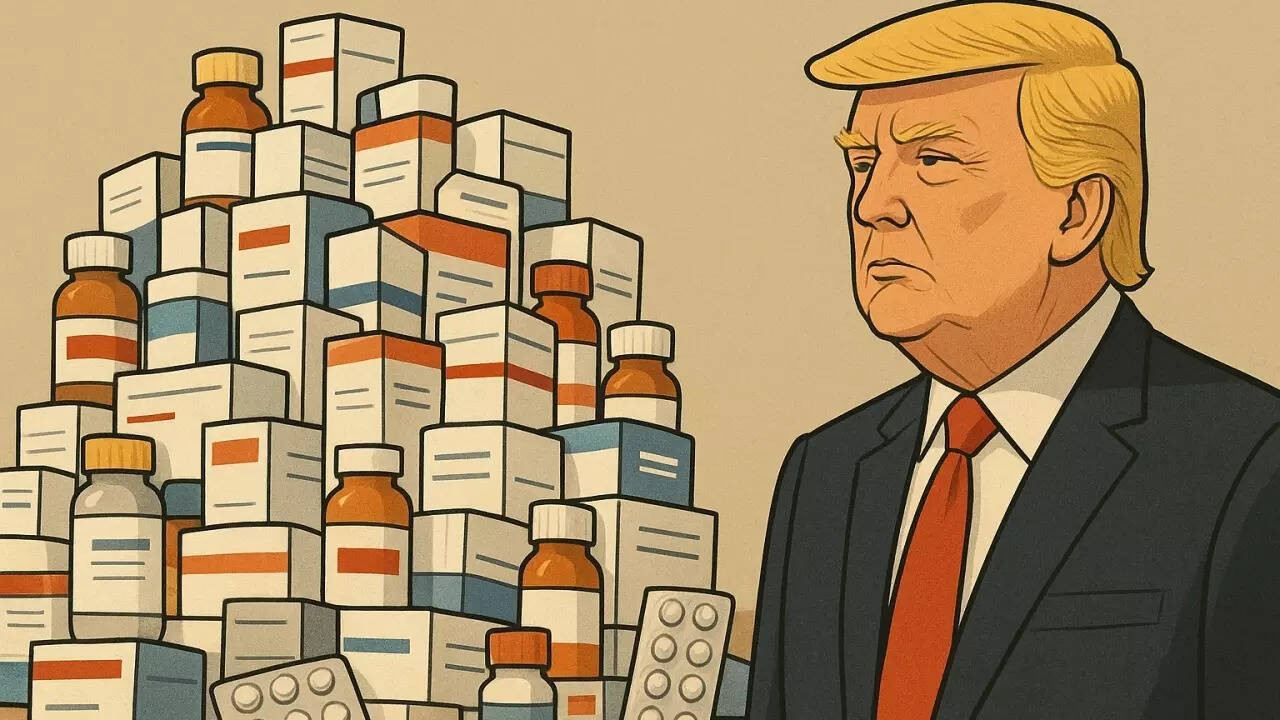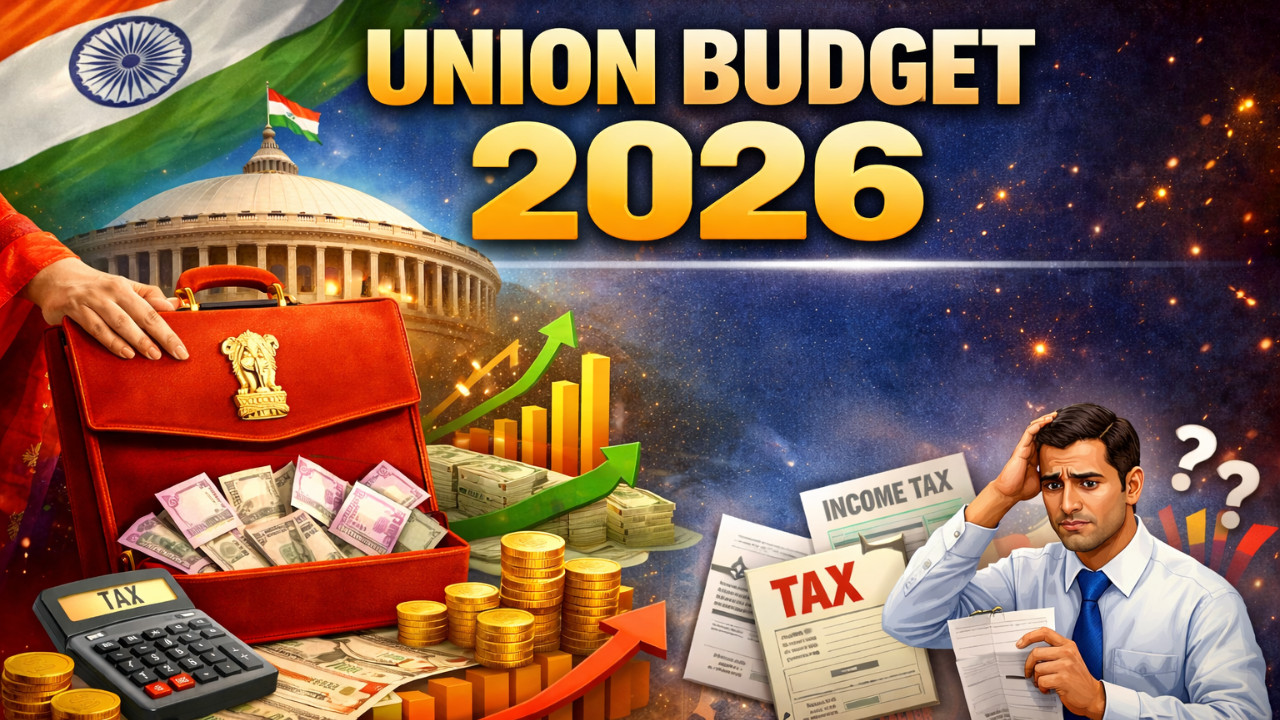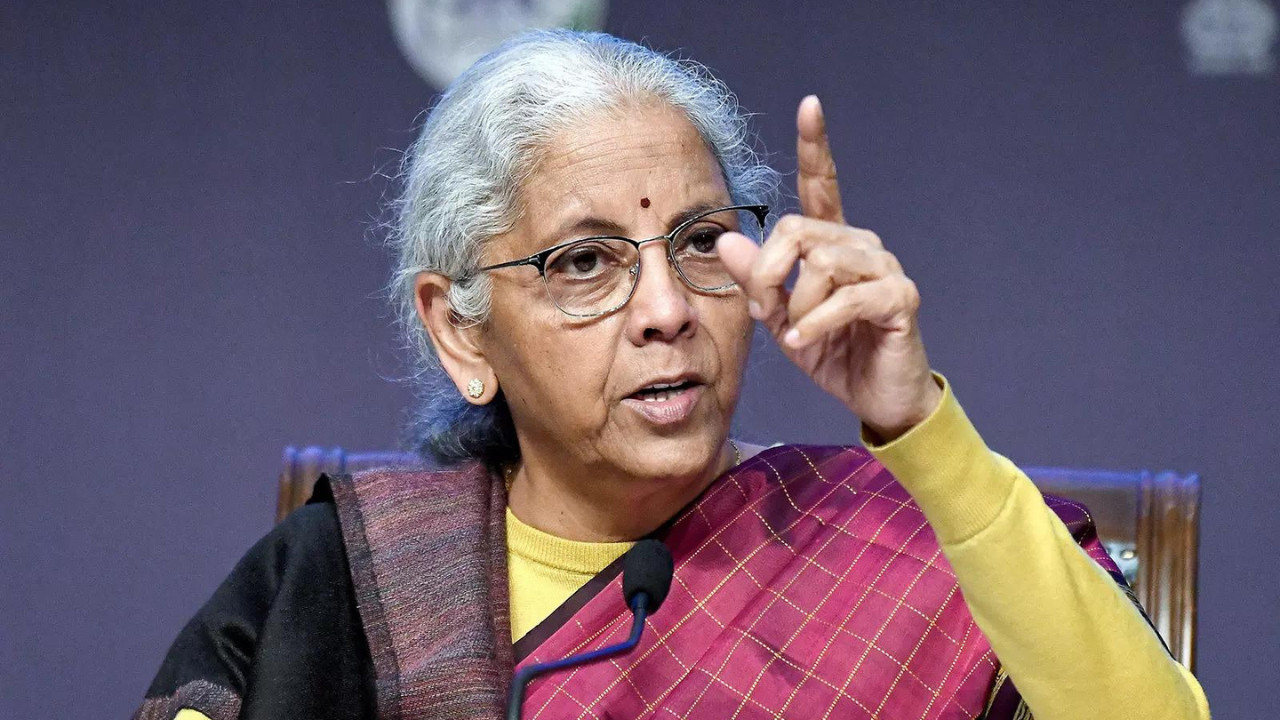US President Trump’s proposed tariffs on pharmaceutical imports, potentially reaching 200%, aim to lower drug costs but could backfire. Experts warn of increased prices, supply chain disruptions, and reduced access to affordable generics.
The Rx Reckoning: Could 200% Tariffs Trigger a Pharma Panic?
Imagine walking into your local pharmacy, only to discover the price of your life-saving medication has doubled, tripled, or even more. This isn’t some dystopian fantasy; it’s a looming possibility facing Americans as the US government considers a dramatic escalation in trade tensions with new, hefty tariffs. We’re talking a potential 200% hike on pharmaceuticals.
The proposal of such significant tariffs has sent ripples of concern throughout the healthcare sector. Instead of “America First,” could this be “Patients Last?” Let’s unpack why this tariff proposal is causing such a stir and what it could mean for your wallet and your health.
Why the Tariff Talk?
The core of the issue lies in the ongoing trade disputes. The US government is looking to use tariffs as leverage, aiming to reshape trade relationships. The logic, ostensibly, is to encourage domestic production and reduce reliance on foreign sources. However, when it comes to medicines, the supply chain is incredibly intricate and globally interconnected. Untangling that web with a blunt instrument like a 200% tariff is a risky proposition.
The intention may be to incentivize manufacturing within the US. However, the reality is far more complex. Pharmaceutical production involves specialized ingredients and manufacturing processes that are often located in specific regions around the globe, honed over many years. Suddenly shifting these operations back to the US, or finding alternative suppliers, isn’t like switching from one brand of coffee to another.
The Specter of Drug Shortages
One of the most pressing concerns is the potential for widespread drug shortages. Slapping a 200% tariff on imported pharmaceuticals could cripple the supply of certain medications. Companies facing such steep cost increases might simply decide it’s no longer profitable to import certain drugs, particularly those with lower profit margins.

This isn’t just about brand-name drugs, either. Generic medications, which are crucial for keeping healthcare affordable, are also vulnerable. These generics often rely on ingredients or manufacturing processes located outside the US. The result? Essential medications disappearing from pharmacy shelves, forcing patients to go without or seek alternatives that may be less effective or more expensive.
The Price is Wrong: A Costly Blow to Consumers
The most immediate and visible impact of these tariffs will be on the price tags of medications. A 200% tariff isn’t just a slight increase; it’s a monumental leap that would directly translate to higher costs for consumers. Imagine someone on a fixed income, struggling to afford their monthly prescriptions already. Now, imagine those costs potentially tripling. This could force difficult choices between medication and other essential needs like food and housing.
Furthermore, the impact wouldn’t be confined to individual consumers. Insurance companies, already grappling with rising healthcare costs, would face immense pressure. This could lead to higher premiums for everyone, further straining the healthcare system. The cascading effect could be felt throughout the entire economy, increasing the already heavy financial burden on individuals and families.
Beyond the Pharmacy: Ripple Effects Across the Economy
It’s not just about individual patients and their medications. A pharmaceutical tariff of this magnitude could trigger a chain reaction throughout the healthcare system. Hospitals, clinics, and other healthcare providers rely on a steady supply of affordable medications to provide care. Increased costs could force them to cut back on services, delay treatments, or even close their doors. This would disproportionately impact vulnerable communities and exacerbate existing health inequities. If you are concerned about access to care and affording medications, you may also be interested in understanding changes to Medicare and Medicaid.
Furthermore, the pharmaceutical industry itself could face significant disruption. Companies might be forced to lay off employees, reduce investments in research and development, and scale back operations. This would stifle innovation and hinder the development of new treatments and cures.
A Call for Careful Consideration
The potential consequences of a 200% tariff on pharmaceuticals are far-reaching and potentially devastating. While the goal of strengthening domestic production is understandable, the risks associated with such a drastic measure are simply too great. A more nuanced and targeted approach is needed, one that prioritizes patient access, affordability, and the stability of the healthcare system. Before imposing such significant changes, a thorough analysis of the potential impact is crucial, along with open dialogue with stakeholders across the healthcare sector. The health of the nation hangs in the balance.







